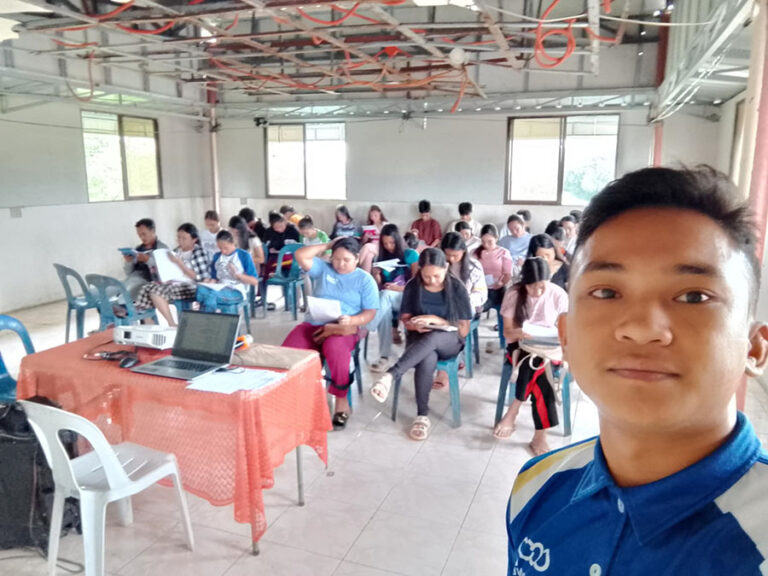The self-driving car is a lot further down the road than some companies would like people to think, Magna International Inc. says.
While the technology is here, it faces many roadblocks, including liability issues and cost, the Aurora-based multinational auto parts company said at an all-day investor conference Wednesday.
“You can produce one today. But as to it being something people can buy, and then read a book, my belief is when that will happen – on a cost effective basis – is still a long way out,” said Don Walker, Magna’s president and chief executive officer.
The conference was designed to highlight Magna’s investments in new technology, from rear vision cameras to electronic door latches.
The auto industry is locked in a battle with technology giants Google and Apple for future control of the market. Google is already testing a fully autonomous car, while Apple is reportedly considering it.
But a lot of the most futuristic technologies are still too expensive to warrant mass adoption, Magna executives said.
For example, the current price of a basic manual transmission is between $400 to $750, while a more fuel-efficient dual clutch transmission, which offers the benefits of both manual and automatic shifting, costs $1,100 to $2,000.
The cost of rear vision systems – where cameras and sensors provide information to a screen in the car – is five to seven times that of traditional rear view mirrors attached to the outside the vehicle, the conference hear.
As well, liability issues, such as who would be held responsible in a driverless accident, have yet to be sorted out, Magna executives said.
But while a fully autonomous vehicle may be a long way off, automakers are under the gun to meet rising fuel efficiency and safety standards, along with changing consumer tastes.
Suppliers like Magna, which counts virtually every major automaker from General Motors to Volkswagen among its customers, are expected to help meet those targets while still keeping costs down.
“There’s as much pressure as there has ever been on price,” Walker said in response to a question about consumer resistance to price increases.
The company, which had $32 billion US in global sales last year, has a $600 million electronics division.
Much of it is devoted to embedding sensors, cameras and software that help drivers stay within their lane on the highway, backup their vehicles safely and detect rear view mirror blind zones, executives said.
Technology is also driving changes under the hood, helping meet government regulations governing fuel efficiency, Magna executives noted.
Magna believes the gasoline-power internal combustion engine will be around for a long time, despite global warming targets set by governments that would see carbon emissions cut by 80 per cent by 2050, much of it by moving to electric vehicles.
There’s still plenty of room to generate fuel savings from conventional gas-fuelled engines by making them more efficient, Jake Hirsch, president of Magna’s power train division, told the session.
Hirsch predicted 98 per cent of vehicles will still have an internal combustion engine by 2027, though some may be hybrid cars that also offer electric power.
As much as half of all vehicles will have fuel saving stop-start technology by 2022, Hirsch added. The system, which automatically shuts off the car’s engine when idling, is currently available on a limited number of vehicles.
North American remains Magna’s most important market, while China is its fastest growing. The company expects to spend $1.6 billion U.S. this year on capital investments, of which $300 million (Canadian) will be spent in Canada.
Magna made two announcements during the investor conference, highlighting both its commitment to innovation and expansion in Asia.
Magna will open a new seating manufacturing facility in Taizhou, China, to supply Geely’s Volvo Car Group in mid-2016. The 5,200-square-meter facility will produce seating systems for a small crossover utility vehicle. The new facility is expected to create up to 90 new jobs.(Dana Flavelle)
Link: http://www.thestar.com/business/2016/03/09/self-driving-car-farther-down-the-road-magna-says.html



